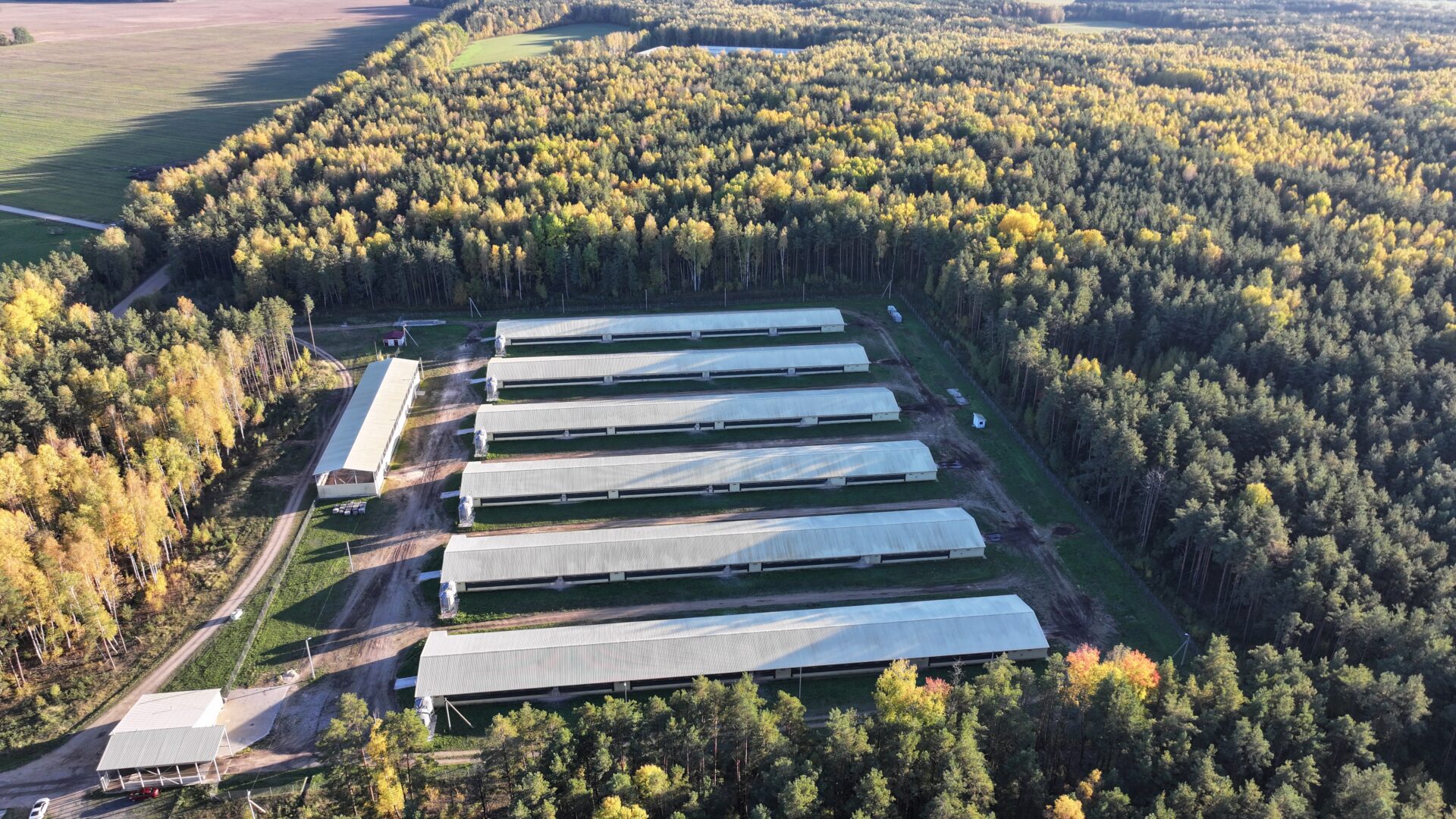
Denver voters reject slaughterhouse and fur ban initiatives
As reported in last month’s blog here, Ordinance 309 on Denver’s November 2024 ballot could have prohibited the construction, maintenance, or use of meat production facilities within Denver city limits. Denver voters overwhelmingly rejected the proposed ordinance, which could have been effective starting January 1, 2026, with approximately 65% of Denver voters opposing the measure. This outcome ensures that the state’s largest lamb processing company, Superior Farms, can continue operations in Denver, preserves thousands of jobs, and maintains the city’s role in the lamb processing industry. Denver voters also rejected Ordinance 308, which would have banned the sale of new fur products in the city. Together, the outcomes of these ballot measures reflect the city’s complex balancing act between economic interests and animal welfare advocacy in Colorado.
Ordinance 309 was primarily directed at Superior Farms, which operates the largest lamb processing facility in Colorado and one of the largest nationwide. Superior Farms processes as many as 500,000 lambs annually and represents a critical component of the state’s agricultural infrastructure. Proponents of the ordinance cited concerns over animal welfare, environmental pollution, and worker conditions. Opponents, including Superior Farms and various agriculture organizations, argued that the closure could lead to significant economic losses, including job displacement and reduced economic activity in the region. The opponents also emphasized the potential negative impacts on local ranchers, food security, and the broader meat and food supply chain.
The debate surrounding Ordinance 309 and Ordinance 308 illustrated the challenges of balancing animal welfare concerns with economic and employment considerations in the Denver community. This duality reflects the complexity of modern agriculture, particularly in Colorado where farming and ranching have deep historical roots and play a pivotal role in the state’s economy. Agriculture in Colorado is not just about producing food and fiber—it also involves a sophisticated web of social, economic, and environmental considerations. The ongoing effort to strike a balance among these considerations is central to ensuring that the state’s agricultural sector continues to thrive.
The overall economic impact with initiatives like Ordinance 308 and Ordinance 309 is complex and multifaceted. As it relates to Ordinance 309, researchers at Colorado State University’s Regional Economic Development Institute highlighted Ordinance 309’s economic impacts in the formal study conducted this spring. This study revealed that that the closure of Superior Farms would have reduced regional economic activity by more than $861 million, while reducing the workforce by more than 2,787 jobs, in a worst-case scenario. This is a major impact on a substantial part of the state’s agriculture infrastructure. Yet the pressure to find better and more sustainable ways to produce remains constant across the state.
Because of these pressures, many agricultural businesses approach sustainability concerns with a multifaceted approach. The solutions to these complex problems involve strategic planning on the part of agribusiness, including the creation of a culture of compliance with the regulatory bodies that govern production, the implementation of voluntary incentive-based programs focused on finding better ways to produce, and the use of transparent communication about ethical food production practices used by the agricultural community. While Colorado voters made the decision at the ballot box in favor of local product and local jobs, the pressure will continue to force agribusinesses to think creatively and produce in new ways in the years to come.
Here at Fennemore, our team is ready and able to help with any challenge that arises in the complex pursuit of agriculture in the state. From navigating the ever changing regulatory underpinnings, to helping businesses comply with corporate and social responsibility, we have the experience of not only navigating the legal system but also standing in the fields, in the barns, and in the produce cellars that help us craft unique solutions for every situation. Expect more for Colorado agriculture.
Merc Pittinos, Director, Business Litigation
Merc focuses his practice on helping clients resolve real estate disputes. He represents clients throughout Colorado. Merc works with developers, landowners, landlords, brokers, and homeowners. He has helped clients resolve disputes involving real estate transactions, loans, leases, easements, covenants, and boundaries. He has written and lectured extensively about Colorado adverse possession law. In his practice, Merc has represented landlords in lease disputes; developers in breach of contract, construction, and foreclosure actions; property owners in title and boundary disputes; and oil and gas companies in title, lease, and joint operating agreement disputes
Merc is a former member of the Planning and Zoning Commission and the Board of Adjustment and Appeals for the City of Englewood.
Kole W. Kelley, Associate, Natural Resources
Kole advises clients in the agriculture, natural resource, and advanced energy industries related to complex real property and regulatory issues. From his experience sorting cattle and throwing irrigation tubes, to his experience helping clients solve title, survey, mineral, and water issues, Kole brings a practical approach to developing legal project strategies; navigating the federal, state, and local permitting processes; and monitoring the ongoing governmental rulemakings that impact his clients’ projects. Kole provides general counsel services to oil and gas clients, mining and oil and gas transactions, title work, water rights counsel, and public lands law. Kole also has experience representing clients before the Colorado Energy and Carbon Management Commission, drafting oil and gas development plans, and assisting clients as they navigate implementing solar energy projects on federal lands. Kole’s knowledge extends to regulatory matters across the Rocky Mountain West.
Get MORE. Insights
Stay ahead in the legal world - subscribe now to receive the latest insights and news from Fennemore Law Directly in your inbox!


